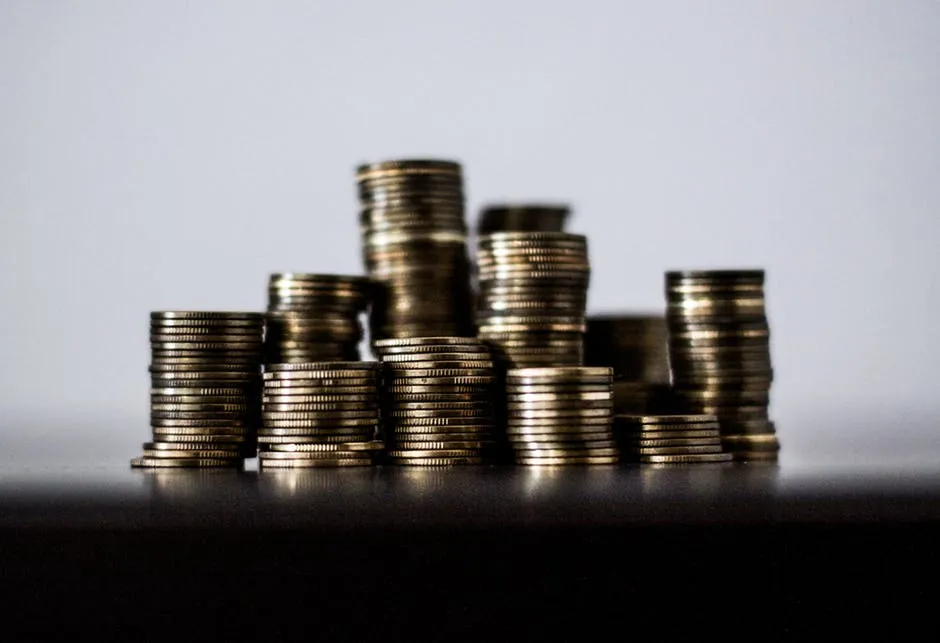
I recently met up with a former co-worker of mine and he tried to get me to put some money in a "forex investment scheme" that pays out a regular 2% every month. Sounds pretty attractive considering the bank only gives 0.1% for a whole year. He has managed to convince a lot of people to sign up, so much so that he has replaced his income from the commissions and recurring fees.
I was a little skeptical by the high fees offered. If they're so good, earning more than 20% interest a year, surely they don't need to sell so hard? I've got no proof that this scheme's a ponzi, but the warning signs are there.
What is a Ponzi scheme?
According to the SEC, a Ponzi scheme is a fraud that involves the payment of purported returns to existing investors from funds contributed by new investors. Basically, new money needs to come in to pay the old money. When not enough new money comes in, the scheme collapses.
Here are some warning signs
There are tons of Ponzi scams out there but their modus operandi is pretty similar and here are some warning signs to look out for.
High returns with "little" risk
If it's too good to be true, it probably is. High guaranteed returns aren't a sure thing by any means if the whole scheme goes bust. All the promises made during the hard sell are worthless and you really have to ask yourself, "if it really is so good, why are they selling instead of keeping it for themselves?"
Too many shills
This one is particularly evident in the cryptocurrency-Ponzi space. There are a couple of high profile bloggers/writers who promote and market these investments having made their money and being able to withdraw it out of the scheme. What most ordinary folks don't realize is that this is necessary in order to lure the masses into the scheme. If the shills don't get to take their money out, the sheep won't put their money in at all.
Overly consistent returns
Returns should vary with market conditions and if someone makes as much in up markets as they do in down markets, you're probably staring at the next Madoff with a fake set of books.
Secretive strategies
Super-secret trading algorithms that run based off an Artificial Neural Network should have you screaming and running out the door. You may as well be investing in a monkey throwing darts at a list of stocks because they probably would generate the same results. Again, if i had something so good, i wouldn't be sharing it with the public.
Let's take an investment that can generate 50% returns a year. Starting with a modest $100,000, in ten years of compounding returns, that would be:
$100,000 *1.5^10 = $5,766,503
Again, no one is going to be sharing that kind of money for free.
Aggressive sales techniques
This is particularly true if you don't know the salesperson personally. They need to make these sales in order to get a paycheck. If they sense that you're not going to buy, they get frustrated, call you stupid, say you're going to be poor, etc. Don't be affected. They also get really defensive when you ask them to explain the product.
Final thoughts
When times are tough or for those who've seen their incomes shrink or jobs vanish, Ponzi schemes can seem really attractive and perhaps provide some sense of validation of their self-worth. Sadly, they find themselves feeling worse than before they started once the scheme collapses.
If you know that you're going to be putting money into a possible Ponzi scheme with the hope of being one of the lucky few early investors, just remember to put in what you can afford to lose. It is really sad to see retirees putting in their entire life savings into these schemes only to get burned.